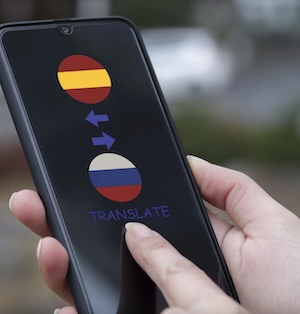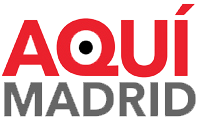
Last year, more than 1 in 10 residency applications in Spain were rejected due to document errors caused by poor translation. In many cases, the issue stemmed from using automatic online translators without proper certification. Traductor Jurado Ruso, a sworn translation bureau operating since 2006, warns: trying to cut corners on professional translation can lead to serious legal and financial consequences.
When “Good Enough” translation isn’t enough
According to the European Legal Interpreters and Translators Association (EULITA), over 12% of rejected visa and residency applications in Spain in 2024 were due to incorrect translations. Common consequences include returned documents, lost consulate appointments, missed university deadlines, or blocked property purchases.
“We’ve had many clients arrive in a panic after being denied a visa because they printed out a Google translation and added a notary’s stamp. That doesn’t work,” says Anna F., a sworn translator at Traductor Jurado Ruso, accredited by the Spanish Ministry of Foreign Affairs.
A sworn translator guarantees legal validity
In Spain, a sworn translator is more than a language expert. They are officially certified professionals who bear legal responsibility for the accuracy and validity of translations. Every sworn translation is signed and stamped, making it legally recognized by courts, notaries, banks, and consulates.
“An official document is not just a string of words in another language. It’s a set of concepts rooted in a specific legal system. Only a trained professional can accurately adapt them to Spanish law,” emphasizes a representative from Traductor Jurado Ruso in Barcelona.
Do you really need a sworn translator?
💡 You likely need a sworn translator if:
– The document is for a court, notary, bank, university, or consulate– It includes stamps, signatures, official seals, or legal terms– It’s a certificate, affidavit, power of attorney, contract, or tax document– You see the phrase “traducción jurada” (sworn translation)– The document is apostilled or requires legal authentication
Technology Assists—It Doesn’t Replace
Legal and official document translators routinely use CAT tools and AI as part of their workflow, but always with strict manual editing. According to SDL Trados, 87% of professional translators in Europe use AI only at the drafting stage, always performing manual review for legal texts.
“AI is like a calculator—it doesn’t understand legal context. It doesn’t know how a Spanish judge will interpret a sentence. But we do,” adds the team at Traductor Jurado Ruso.
Avoid Costly Mistakes—Ask the Experts
If you’re unsure what type of translation you need, don’t take chances. Consulting a sworn translator isn’t an extra cost—it’s your safeguard against legal trouble. The team at Traductor Jurado Ruso is ready to help, even in last-minute cases when every hour counts.




